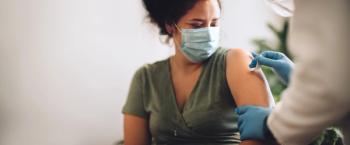
With the Delta variant, there was an increase in coronavirus-related hospitalizations by more than one-third among these individuals.


With the Delta variant, there was an increase in coronavirus-related hospitalizations by more than one-third among these individuals.
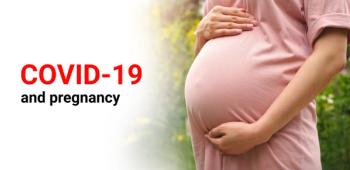
A research letter in JAMA has concluded that the risk of spontaneous abortion is not increased by COVID-19 vaccine exposure in the 28 days prior to spontaneous abortion compared to women with ongoing pregnancies.
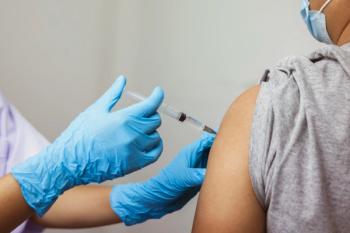
The Vaccines and Related Biological Products Advisory Committee has yet to vote on whether to recommend the extra shots.

Long COVID remains a mystery, more than a year after the condition first arose. To find answers, the National Institutes of Health (NIH) has created a research initiative, awarding grants totaling roughly $470 million.

Taxpayers are ultimately picking up the tab for those refusing the jab.

Michael Krychman, MD discusses his perspective as a physician during the second wave of COVID-19, and shares some insight into ways other health care professionals can cope.
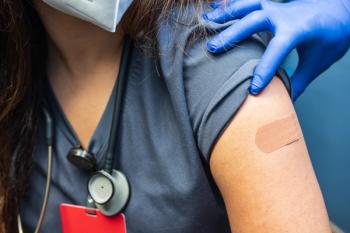
The announcement is part of a slate of new vaccine mandates announced Sept. 9.

"Over the last few months, my personal barometer of success as a physician seems to be directly related to my patients' acceptance--or refusal--of the COVID-19 vaccine," writes Rebekah Bernard, MD.

As we move into yet another surge of COVID-19, the likelihood of remembering what was normal, and if we will “return” to normal, dims.
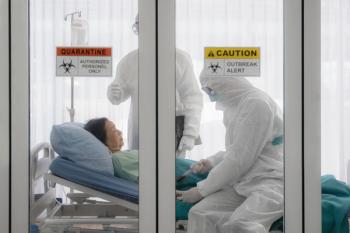
185,000 adults with confirmed cases of COVID-19 were hospitalized in June and July. Of those, 182,000, or 98.3%, had not been vaccinated for the disease.
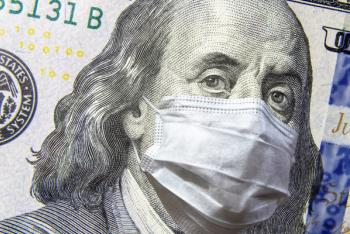
A jump in new COVID-19 cases dropped margins and volumes.
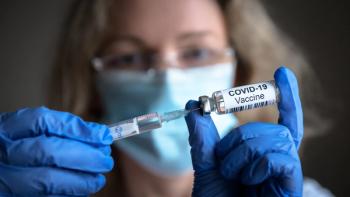
On Aug. 23, the U.S. Food and Drug Administration granted full approval to the Pfizer-BioNTech coronavirus vaccine, which is a significant milestone in the pandemic. It is the first licensing of a vaccine for the novel coronavirus.

Contemporary OB/GYN Senior Editor Angie DeRosa gets insight on the current state of COVID-19 from Christina Han, MD, division director of maternal-fetal medicine at the University of California, Los Angeles, and member of its COVID-19 task force. Han is an active member of the Society for Maternal-Fetal Medicine and discusses the issues on behalf of SMFM.
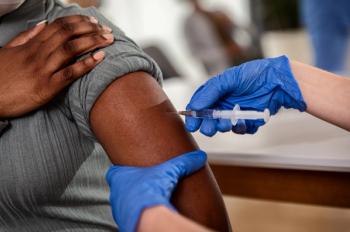
The Biden administration will make the additional doses of two COVID-19 vaccines available to combat the Delta variant.
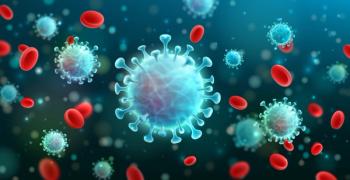
NIH recently convened an expert panel to develop standardized criteria to define placental COVID-19 infection.
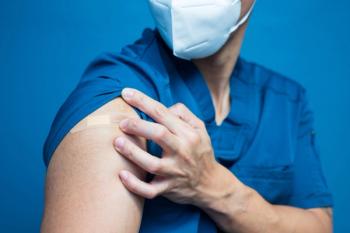
The American College of Obstetrics and Gynecology (ACOG) announced today that it has joined nearly 100 health care organizations and societies in favor of vaccine mandates for all health care workers.

According to data from the Centers for Disease Control’s (CDC) National Breast and Cervical Cancer Early Detection Program, the total number of cancer screening tests declined 87% for breast cancer and 84% for cervical cancer during April 2020.
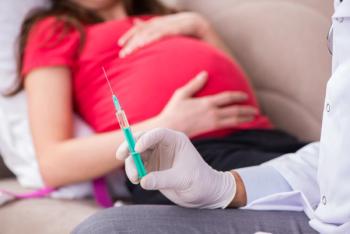
The American College of Obstetricians and Gynecologists (ACOG) and the Society for Maternal-Fetal Medicine (SMFM) recommend the COVID-19 vaccine for all pregnant individuals. The recommendations come amid the current low vaccination rates and increase in cases.
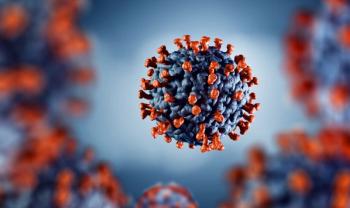
Debate and discussion about the origin of the virus that causes COVID-19 have been at the forefront of the global consciousness since the first cases were reported in December 2019.

A plant-based or pescatarian diet—which includes fish and seafood—significantly reduces the odds of developing moderate-to-severe COVID-19, according to new research in BMJ Nutrition Prevention & Health.

This list was compiled by Christine R. Isaacs, MD; and William M. Leininger, MD, as a supplement to their presentation from the 2021 American College for Obstetricians and Gynecologists (ACOG) Annual Clinical and Scientific Meeting (ACSM), held virtually April 30-May 2.
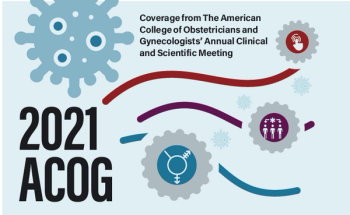
Significant updates occurred in women’s health issues while the world was in survival mode.

The company has publicized data from the TeenCOVE study of the vaccine along with plans to seek authorization in the coming weeks.

Despite the increase in availability, many patients still don’t know whether their physicians offer telehealth.
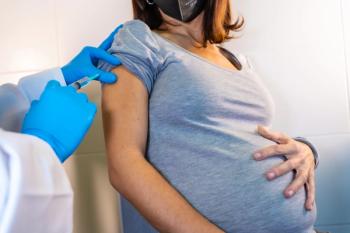
A recently updated Practice Advisory from the American College of Obstetricians and Gynecologists (ACOG) provides an overview of the latest guidance for COVID-19 vaccination in pregnant and lactating patients.